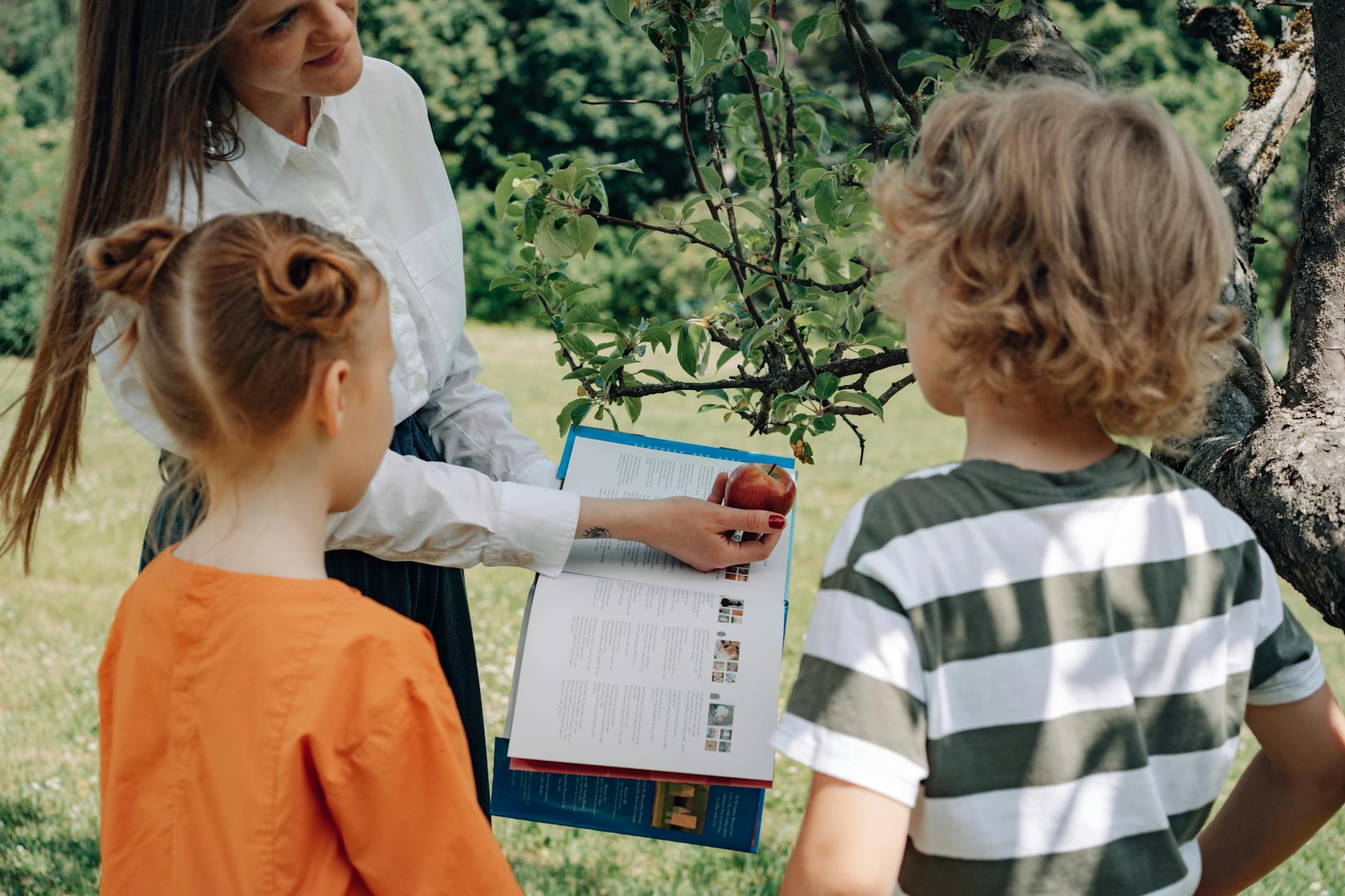6 Essential Life Skills Every Child Should Learn Outside the Classroom
Growing up isn’t just about test scores and report cards. Children build much of their character and confidence through what they do after the school day ends. These moments shape how they relate to the world, how they solve problems, and how they feel about themselves.
If you’re a parent or caregiver, you might wonder which activities can help your child the most. Here, you’ll find ideas that encourage healthy growth, stronger friendships, and a more balanced mindset. Each skill can become part of your child’s everyday life, little by little.
- Confidence and Discipline in Martial Arts
Martial arts offer more than kicks and blocks. Classes can help children learn patience and focus, especially when they set small goals and celebrate progress over time. The lessons often include practicing respect for teachers, peers, and themselves, which can help kids feel more sure of who they are.
It’s worth taking time to choose a program where instructors truly understand how to support young learners. For example, many parents who enroll their children in National Karate say they notice their kids becoming calmer and more positive. When children feel safe and encouraged, they learn how effort can lead to real growth. In many ways, martial arts can help them develop habits that guide them well beyond childhood.
- Teamwork and Communication in Sports
Joining a sports team gives children daily chances to work side by side with others. Whether they’re learning how to pass a ball or cheer for teammates, kids pick up skills they can use in many parts of life. They start to understand how listening and sharing ideas keep everyone moving forward.
Sports also help kids handle setbacks with a steady mindset. Losing a match or missing a goal isn’t always easy, but those moments teach patience and problem-solving. Over time, young athletes discover how trust and teamwork can help them tackle challenges together. These lessons can build friendships that last for years.
- Creativity Through the Arts
When children have tools to draw, paint, or make music, they gain more than a hobby. Artistic activities help them explore thoughts and feelings in a safe, open space. A blank page or a simple melody can become a way to share ideas that might feel too big for words alone.
Art also teaches patience and focus. It takes time to finish a project, and kids learn that careful work often leads to results they can be proud of. Over time, this kind of practice helps them see problems from fresh angles. Many young artists also discover they feel calmer and more confident after creating something new.
- Empathy Through Volunteering
Children often feel proud when they know they’ve helped someone else. Volunteering shows kids that their time and effort can brighten another person’s day. From sorting food donations to cleaning a park, simple projects help them see the good they can do.
These experiences also build a sense of purpose and responsibility. Kids learn how to plan tasks, work in groups, and follow through until a job is done. Along the way, they start to see life from other points of view. Giving back can help children grow into adults who care about their neighbors and their community.
- Resilience in Outdoor Adventures
Exploring nature gives children space to test their limits. Hiking trails, climbing rocks, or learning how to build a small shelter can help them feel strong and capable. They learn to adapt to new situations, solve problems, and trust their own decisions.
Time outdoors also supports physical health. Fresh air and exercise can lift mood and lower stress, helping kids return to daily life with more energy. Many families find that regular outdoor activities create a sense of calm that balances time spent indoors. Over time, children gain habits that keep their minds and bodies healthy.
- Self-Care With Mindfulness
Mindfulness can be as simple as sitting quietly and noticing the breath. Short exercises teach kids to check in with how they feel and calm their thoughts when life feels too busy. This can improve focus and help children feel more steady during the day.
Over time, these simple habits can guide better choices and kinder self-talk. Children start to understand that they don’t have to react to every feeling right away. Instead, they learn to pause, think, and respond in ways that feel right to them. Even a few minutes of quiet practice can make a big difference.
Conclusion
Learning isn’t only about books and lessons in class. Experiences outside school help children grow into thoughtful, strong, and caring people. By encouraging your child to try new activities, you give them tools they can use for the rest of their lives. Each small step builds confidence and shows them they are capable of so much more than they might imagine.


Leave a Reply
You must be logged in to post a comment.